 One of the many important questions an executive of a growing company should be asking is:
One of the many important questions an executive of a growing company should be asking is:
“What sort of financial leadership does my business need?”
The answer varies, depending on the size and life-cycle of the business. For instance, a small company might find a bookkeeper to be sufficient, but if the operations are complex or anticipated to become so in the near future, it’s likely that a function other than, or in addition to, a bookkeeper is necessary.
An executive’s strategy for structuring his or her company’s financial team depends on the goals and the resources available to that individual company. In considering such matters, the executive would do well to engage in a close observation of the operations’ needs. The following is a commonly asked question, which we will explore in detail in this post:
“Does my company require a certified public accountant (CPA),
a chief financial officer (CFO)? Or both?”
A CPA and a CFO do not perform the same functions, although each can inform the other of the financial health of a business, and could be complementary. The two get mixed up quite a bit. Knowing the difference can help a business figure out how best to grow and equip its finance team.
The main differences between the two include the following:
- A CPA is primarily interested in the books and taxes, whereas a CFO is interested in business objectives.
- A CPA assesses numbers after the fact for tax purposes and/or for auditing, keeping the company on track with accounting and tax-related matters. A CFO is more focused on looking at the future and planning for growth or deals.
At the end of the day, it comes down to the unique needs and circumstances of each individual business. Essentially, a CPA can be best suited to provide insight and opinion based on his/her expertise on taxes and tax-related laws. On the other hand, a CFO would be able to execute tasks including the following:
- Longer-term operational and sales planning
- Risk assessment
- Working directly with the C-suite
- Capital raising
If management believes the company is ready to tackle these types of next steps, then they need to review the following criteria more closely to determine if indeed a CFO is needed and how the company can most benefit:
- Revenue: Above the $5 million level in annual revenue is a commonly cited level to warrant the assistance of a CFO.
- Growth rate and trajectory: A company growing at a fast clip could benefit from having strategic advisory capacity in a CFO.
- Employee headcount: This is similar to the idea of growth; a business reaching 50 employees has compliance issues to consider.
- Complexity of business: Factors such as the number of products being sold and geographic reach can affect the level of complexity of a business. A business that’s growing in complexity could benefit from having oversight of a central finance executive.
- Exit plans: If there are plans in place for the company to go public or engage in an acquisition or a merger, a CFO may be necessary for audits and deal-specific expertise.
If hiring a full-time financial executive seems too costly, a business can consider the benefits of having access to a part-time or outsourced financial professional. Benefits of outsourcing financial professionals—be it controllers, FP&A, CPAs or CFOs—could include lower cost, flexibility and an independent outlook, among others. More on this will be covered in next month’s post.
Human Resource Infrastructure 360°™
Don’t let costly human resource issues creep up on you. Learn about the 5 components of HR Infrastructure 360°™ - our proprietary framework for building and supporting your team.


